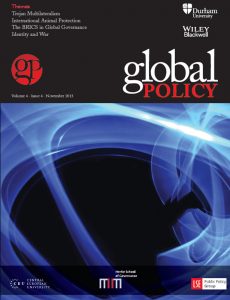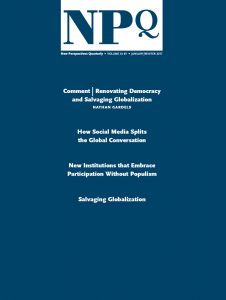What is a HIPSTER?
from https://seanwes.com/2012/hipster-designerd/ This week in a local Massachusetts newspaper a columnist made a list of demands to the influx of hipsters into his neighborhood. In the article the author attempts to reconcile with how his city is gentrifying and seems to be making something of a plea to the newcomers’ humanity. The article sparked my interest and had me asking, what is a hipster?




1099-1328/asset/dsa_logo.jpg?v=1&s=e4815e0ca3064f294ac2e8e6d95918f84e0888dd)